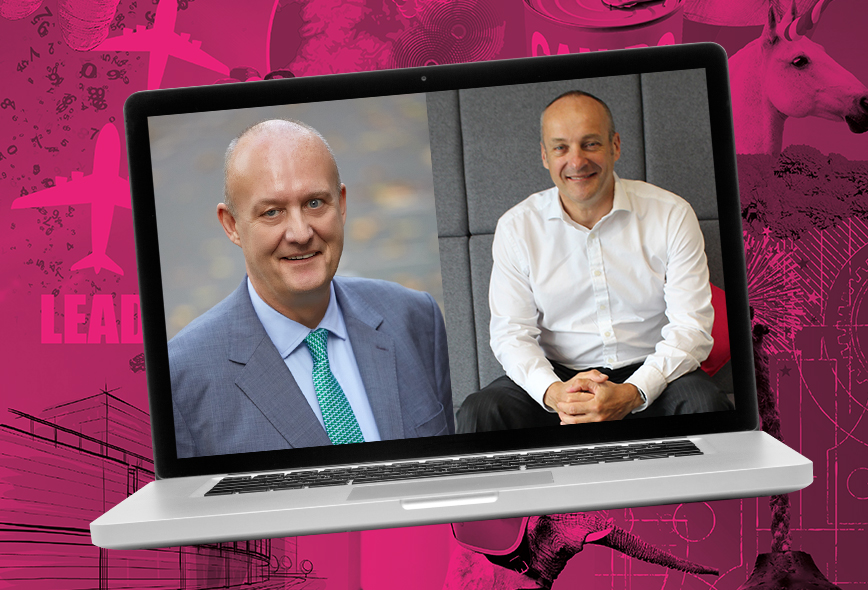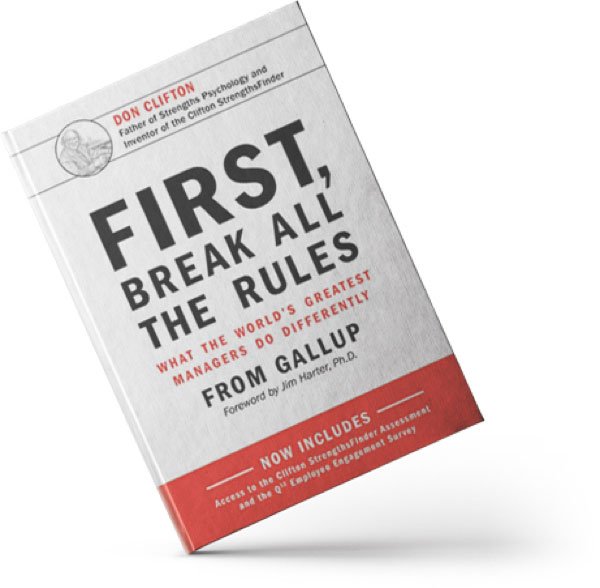The Cooper Parry Corporate Finance team recently hosted their third annual health and social care event, bringing together business leaders and field-leading speakers to discuss the future of health and social care, where the opportunities lie and how to make sure your business is best-placed to seize them.
One attendee said there was “an incredible breadth of knowledge on the panel”. Another described it as “excellent”. And with an average feedback score of 9.5/10, we wanted to share what all the fuss was about.
Enter our first guest, Professor Martin Green OBE. Martin is Chief Executive at Care England, the UK’s largest representative body for independent social care services, making him the perfect person to give us a temperature check across the marketplace.
Donning his fairy godmother wings, our Head of Corporate Finance, Andy Parker, asked Martin about what he’d been seeing in social care, and what his three wishes for future change were.
If you’d like to watch the whole 60 minutes back (and we can’t recommend doing so enough), head here. But if you’re looking for a written round-up of the plentiful nuggets, well, you’re in the right place.
“A NEW VISION FOR SOCIAL CARE”
With social care – and particularly social care staff – finally getting the recognition they deserve since the beginning of the pandemic, Martin says there’s no time like now to push for wide-reaching, positive reform.
“The pandemic has put social care front and centre,” he said. “Now, politicians are acknowledging the complexity of the work done in social care and the need to deliver care to people who have a range of health and social care needs. We have a platform for improvement. The government made its commitment to social care reform before the pandemic, and now, there’s no wriggle room for them because the Prime Minister himself has committed to it.
“Our challenge is to make sure it’s the right reform. We don’t want a bit of piecemeal tinkering at the edges. Now is the moment to advocate for a new vision for social care. It must be about the long-term strategic improvements that we need, such as sustainable social care funding and continued investment in technology, but it must also be about recognising we have a very skilled workforce, and they must be remunerated, acknowledged and recognised for the complex work they do and the tremendous skills they have.
“I want to see a really clear, long-term workforce strategy. I want proper skills and competency frameworks for developing careers in social care, and I want parity of esteem and parity of remuneration with the NHS.”
INTEGRATION INSPIRATION FROM 30,000 FEET
Successive governments have promised reform around the integration of health and social care. And yet, since it was first promised back in 2017, the green paper remains as illusive as ever.
“I want to see better integration between health and social care,” Martin told us. “But I want to reclaim the term ‘integration’ because so often people talk about it in terms of the NHS, care providers and local authorities. In my view, that misses the point. True integration is about how people experience services.
“If you think about going on an airplane, you arrive at an airport that’s owned by one company. You go into a lounge that’s owned by another. You get on an airplane and you move through several international jurisdictions, but you don’t know what’s going on because all you experience is a flight from A to B.
“I don’t want integration talked about in terms of organisations. I want it talked about in terms of outcomes and peoples’ experiences. A seamless, integrated system that makes peoples’ lives as easy as possible when they’re receiving services. That is the holy grail.
“I’m really heartened by Jeremy Hunt calling for a 10-year workforce strategy in social care that should mirror the strategy in the NHS, and I think one of the things we should acknowledge is as we move into the future, we are going to need more and more people working in both care and health. We’re going to need portable qualifications. We can’t have a situation where people can’t move between the systems because there won’t be enough people to manage things.
“The future will be about people who move seamlessly between the two systems, just as citizens do.”
THE PIVOTAL ROLE OF TECH
As with so many aspects of our lives, the transformation and future excellence of health and social care rests on technology. For Martin, tech holds the key to revolutionising the care system and shifting the focus from reactive care, to proactive.
“We’re increasingly going to use technology to be proactive instead of reactive in our care. For example, many people watching this will be wearing a Fitbit or a smart watch, and it will tell them a whole raft of information, like how many miles or steps they’ve done. We can have Fitbit-style devices, giving us so many different parameters that we can then use to look at very small changes in a person’s condition. Then, we can be proactive.
“So, slight increases in temperature, for example, could be the precursor to things like a UTI. If we could put in proactive medicine, we could stop people going into crisis and needing A&E treatment or a hospital stay.
“I also think there will be great strides in electronic care planning which will make things easier, reduce costs and administrative burdens, and also provide really good audit trails for the regulator and real time data. One of our challenges is to make sure we have a technologically empowered system that also produces the data we need to understand what’s going on, both at an individual level, but also at a macro level so we can see how to plan and develop the system for the future.”
For people looking to make future investments in a sector they’re passionate about, the imperative nature of health and social care tech makes it a strong choice, and Martin predicts we’ll see disruptors coming onto the scene very soon, re-inventing the model as Uber did with taxis.























